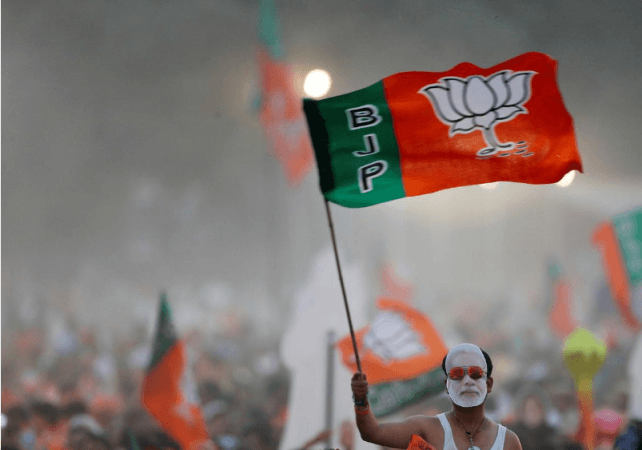In major endorsement to the ruling Bhartiya Janata Party's (BJP) election manifesto, the Delhi High Court has advocated the implementation of the Uniform Civil Code across the country. It argued that the traditional stereotypes of religion, caste, and community are breaking down in society, so the time has come to move towards Uniform Civil Code in the light of Article 44 of the Constitution. Justice Prathiba M Singh handed down the ruling on July 7 in a case challenging the applicability of the Hindu Marriage Act, 1955, to parties from the Meena group.
The High Court expressed its disappointment, citing a direction issued by the Supreme Court in 1985, that it has not been taken seriously even after three decades. Recently, former Chief Justice of Supreme Court SA Bobde also praised the Uniform Civil Code of Goa. As CJI, at the inauguration of the High Court building in Goa, the Chief Justice had said that Goa already had the Uniform Civil Code as envisioned by the framers of the Constitution.

What does article 44 say?
Part IV of the Constitution describes the Directive Principles of State Policy. Through Articles 36 to 51 of the Constitution, suggestions have been given to the state on various important issues and it is expected that the state will keep these directive principles in mind while deciding its policies. In these, Article 44 instructs the state to make a 'uniform civil code' for all religions at the appropriate time. Overall, the objective of Article 44 is to eliminate the problem of discrimination against weaker sections and to increase coordination between different cultural groups across the country.
Uniform Civil Code (UCC): Major issue in BJP's election manifesto
To secure Hindu support, the Sangh Parivar and the Bharatiya Janata Party (BJP), one of India's two major political parties, took up the issue of UCC. If elected, the BJP was the first party in the country to pledge it. Now with the endorsement of Delhi High, the BJP is expected to focus on this opportunity.

However, since the formation of the Narendra Modi government at the Center, the discussion of the Uniform Civil Code gained momentum. In 2019, when the government abolished Article 370 of the Constitution-making special provisions for Jammu and Kashmir, the hope of implementing a Uniform Civil Code also increased. In fact, BJP has been on its agenda for decades to build Ram temple in Ayodhya, remove Article 370 from Jammu and Kashmir and implement Uniform Civil Code in the country.









!['Had denied Housefull franchise as they wanted me to wear a bikini': Tia Bajpai on turning down bold scripts [Exclusive]](https://data1.ibtimes.co.in/en/full/806605/had-denied-housefull-franchise-they-wanted-me-wear-bikini-tia-bajpai-turning-down-bold.png?w=220&h=138)



